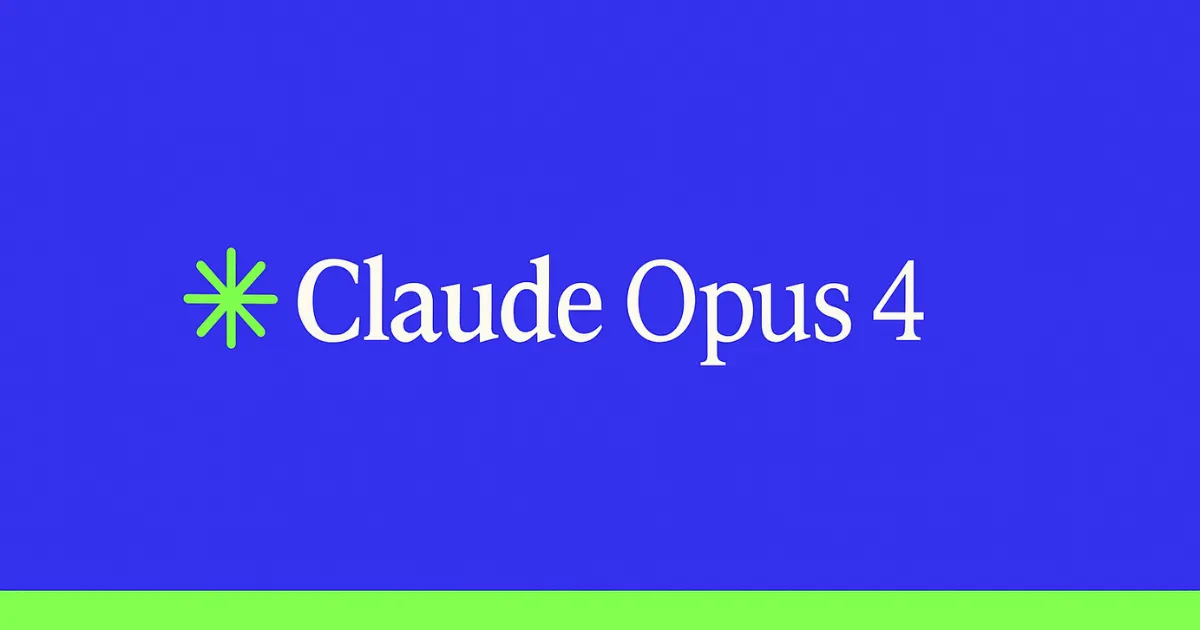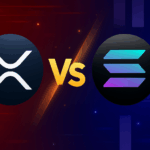Claude Opus 4: The AI Model Challenging GPT-4’s Dominance

Anthropic’s Claude Opus 4 has entered the ring as one of the most advanced AI models to date, stirring up buzz in the artificial intelligence community. As AI continues to infiltrate everything from content creation to customer service, this new model stands out for its speed, accuracy, and, surprisingly, its emotional intelligence.
Backed by Amazon and part of its broader AI investments—alongside ventures like Project Kuiper—Claude Opus 4 is seen by many as a legitimate competitor to OpenAI’s GPT-4. But what makes Claude Opus 4 unique, and can it really outmatch the reigning AI champion?
Is Claude Opus 4 Better Than GPT-4?
Let’s get right into it. One of the most asked questions: is Claude Opus 4 better than GPT-4?
The short answer: it depends on what you’re looking for. Claude Opus 4 is designed with a strong emphasis on reasoning, ethics, and safety. Anthropic’s research roots are firmly planted in developing AI that behaves responsibly, making Claude a go-to model for enterprises that prioritize safety and compliance.
When it comes to raw power, GPT-4 still leads in sheer scale and adoption. GPT-4 has been integrated into countless applications, including Microsoft Office, Bing, and hundreds of startups. But Claude Opus 4 is catching up fast. It’s faster at certain tasks, like summarization, nuanced reasoning, and holding context over longer conversations. For users focused on natural, flowing interaction and risk-averse deployment, Claude often wins.
On the technical front, Claude Opus 4 handles longer context windows better than GPT-4, reportedly up to 200,000 tokens. That’s a massive leap in how much information the model can retain during a session. GPT-4 currently caps out lower in most public-facing versions, although OpenAI has been experimenting with longer windows as well.
So, if your business needs an AI that can remember and analyze large volumes of data without losing the thread, Claude Opus 4 might just be the better pick.
Claude’s Unique Strength: Emotional Intelligence
One area where Claude Opus 4 is getting special praise is emotional intelligence. While GPT-4 excels in delivering concise answers and mimicking human-like conversation, Claude has been fine-tuned to pick up on emotional nuance, context, and tone. This makes it particularly useful in industries like healthcare, HR, customer support, and even journalism.
Users have reported that Claude Opus 4 often provides more considerate and ethically aware responses, making it feel more like a helpful assistant and less like a search engine with a personality. This difference may seem subtle, but for brands looking to avoid PR disasters caused by tone-deaf AI, Claude’s emotional awareness is a valuable asset.
Moreover, Claude Opus 4 has been engineered to refuse unethical requests more consistently and politely than GPT-4. This makes it a favorite in regulated sectors, where compliance and safety come first.
Amazon’s Strategic AI Bet
Let’s not ignore the elephant in the room: Amazon. The tech giant’s backing of Anthropic is a bold move, especially as Amazon looks to catch up in the AI arms race with Microsoft (OpenAI’s biggest partner) and Google.
Amazon’s support for Claude Opus 4 isn’t just about making another chatbot. It’s part of a wider strategy to integrate smarter AI into its AWS ecosystem. Claude is now available on Amazon Bedrock, allowing developers to seamlessly add it into their apps without needing deep AI expertise. This is crucial for enterprise adoption.
And when you look at Amazon’s broader tech landscape—Project Kuiper (its satellite internet initiative), Amazon Alexa, and even their recent moves in autonomous delivery—you can see that Claude Opus 4 fits into a much bigger puzzle.
The underlying message is clear: Amazon wants to dominate not just the cloud, but the future of AI as a service.
Claude Opus 4: The Road Ahead
Despite its impressive debut, Claude Opus 4 isn’t without its challenges. Anthropic still has to prove it can scale as effectively as OpenAI, especially in attracting developers and enterprise clients at the same rate. OpenAI has had a head start with ChatGPT, and its integration with Microsoft’s ecosystem gives it a huge advantage.
However, Claude is gaining ground. More companies are testing it as an alternative to GPT-4, especially those concerned with long-term safety and data retention. Anthropic’s focus on Constitutional AI—a framework that trains models based on sets of ethical principles—is helping it carve a niche in ethical tech.
Final Thoughts
Claude Opus 4 is not just another AI model—it’s a serious competitor with a strong ethical foundation, massive context window capacity, and impressive emotional intelligence. Whether it’s better than GPT-4 depends on your priorities: if safety, nuance, and longer context matter more to you than sheer volume and integration, Claude is worth exploring.
Amazon’s involvement, combined with its strategic moves like Project Kuiper, means that Claude Opus 4 is part of a much larger game plan. For now, GPT-4 still leads in usage, but Claude Opus 4 is winning hearts—and enterprise contracts—by being the smarter, safer choice.
And yes, for those tracking the Amazon stock price, Claude Opus 4 might just be the next big boost.
Sarah Zimmerman
Published on Other News Site




















